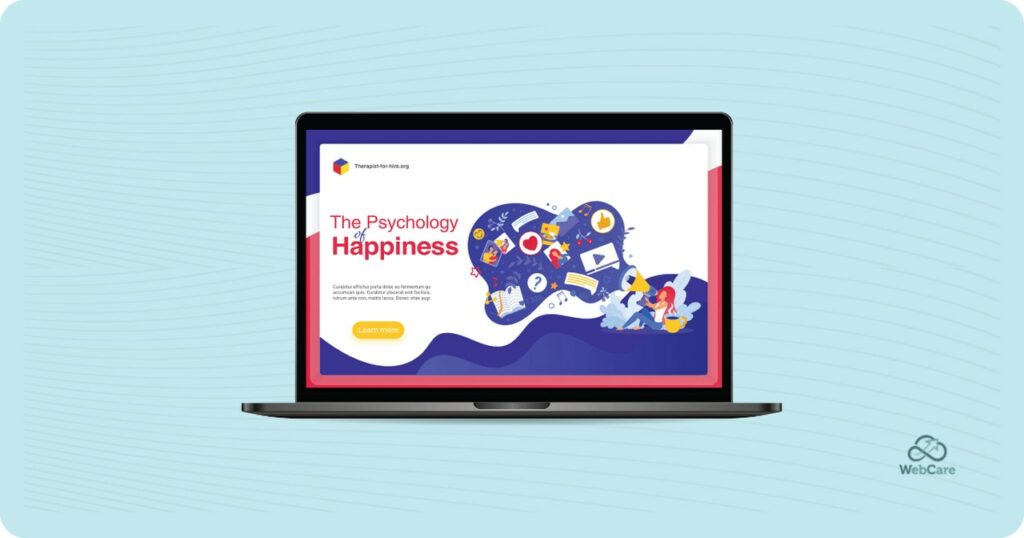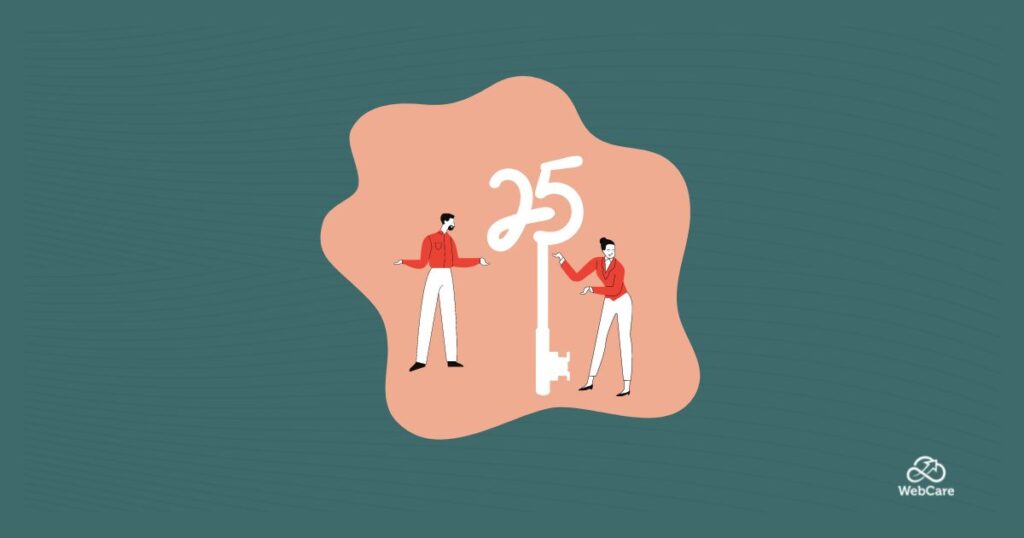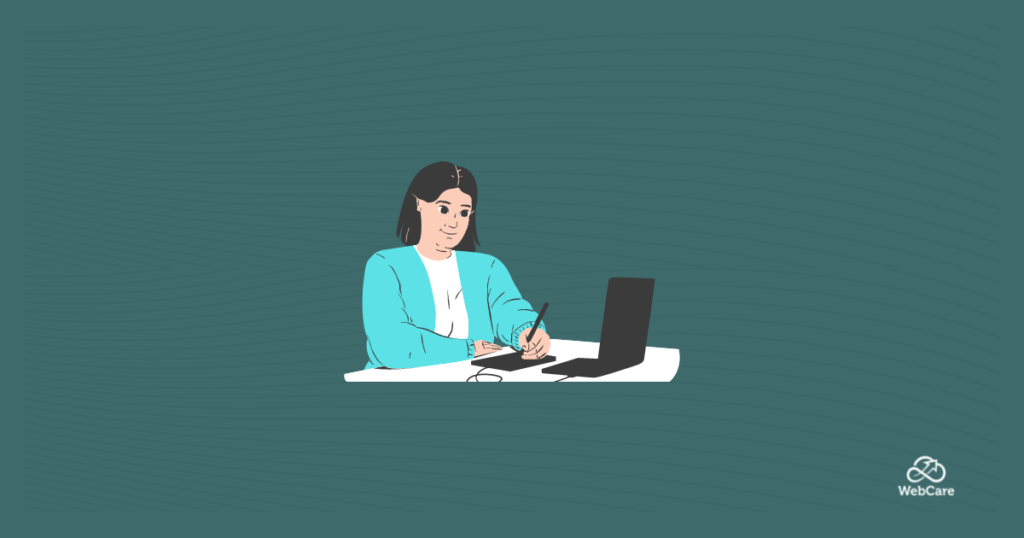Plagiarism 101 – Why & How to Avoid Stolen Content
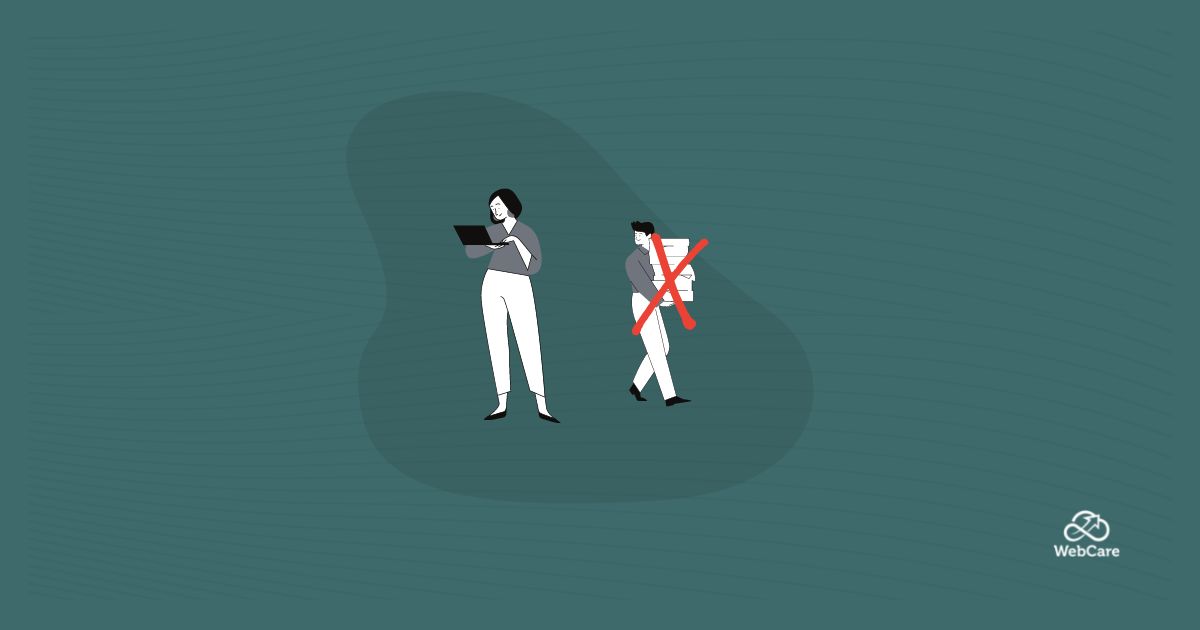
Plagiarism 101 is a quick focus on what plagiarism is, especially in blogging.
Plagiarism in blogging can be as easy as copy & paste. And that is what it is in a nutshell. An existing blog post copied and placed on another website. Sure, there are many other scenarios where plagiarism occurs, such as schoolwork, exam papers, personal resumes, lyrics, books and even news stories.
According to Wikipedia, “Plagiarism is the representation of another’s language, thoughts, ideas, or expressions as one’s own original work. In educational contexts, there are differing definitions of plagiarism depending on the institution.”
Simply put, it is stealing someone else’s hard work and passing it off as your own. And it can have dire consequences.
Plagiarism can lead to failing a college course, a disciplinary hearing, or an expulsion. Beyond studying, plagiarism in a working environment can result in a dismissal, legal action, and severe damage to a person’s career and reputation.
What About Plagiarism in Blogging?
Plagiarism in blogging remains an ethical issue which devalues the trustworthiness of a blog and its writers, and affects search engine rankings. Although it is less likely to lead to expulsion, it still has the potential for legal action to be taken.
There are many detrimental consequences to plagiarism in blogging, some obvious, and others less so. Sadly, it is more common than we would like, but Google has taken a stance against it with their focus on quality content.
Why Not to Plagiarize
Simply put, plagiarism is wrong as it is unethical. It is stealing someone else’s hard work; it is being lazy; it is about taking shortcuts. It is damaging to you and others.
Let’s look at the effects of plagiarism.
Plagiarism devalues your blog
Google is all about quality content. Unique, well-researched, informative blog posts. If the posts on your blog are unoriginal copied content, why would Google want to prompt your blog posts and website in search results? Plagiarized content can damage all your hard SEO work, as your site can be ranked lower because of it.
And yes, Google knows if content has been plagiarized.
Plagiarism breaks trust and damages your brand reputation
Why should a reader trust a website with copied content? No matter how great the content is, if the same content is found elsewhere, it becomes an ethical question. A website that ‘steals’ content can then not be trustworthy with anything else, be it a service or a product or information.
In the same breath, your brand identity is marred and reputation goes down the drain.
Plagiarism devalues the internet
If the internet abounded with plagiarized information, the world is a poorer place as no original research is being done. No fresh ideas. Ideas and stories are just stolen from anywhere, devaluing information. We become a copycat society.
Plagiarism demoralizes authors
Can you imagine if you pour hours of hard work and research into an article, only to discover your article in some future time, on another site? And to add insult to injury, your name is not even mentioned! It is demoralizing and upsetting.
Writers build a brand identity too, and for their hard work to be copied, casts a shadow over their reputation. An established writer, with an illegally copied article on a dodgy website, could suffer from a tarnished reputation.
Loss of potential clients and revenue
A well researched and written blog post is a financial investment. It took time and money to create, and has an exponential potential to lead clients to your website.
If the post is duplicated elsewhere, the earning potential of your financial investment is halved, as potential clients could now be directed elsewhere. This, in turn, could lead to a loss of revenue.
The same can be said for the writer. They have created a single post which generates revenue for one client, yet a copy of the post is used elsewhere too, for which the writer received no compensation – yet the ‘thief’ benefits from it.
An Example of Plagiarism
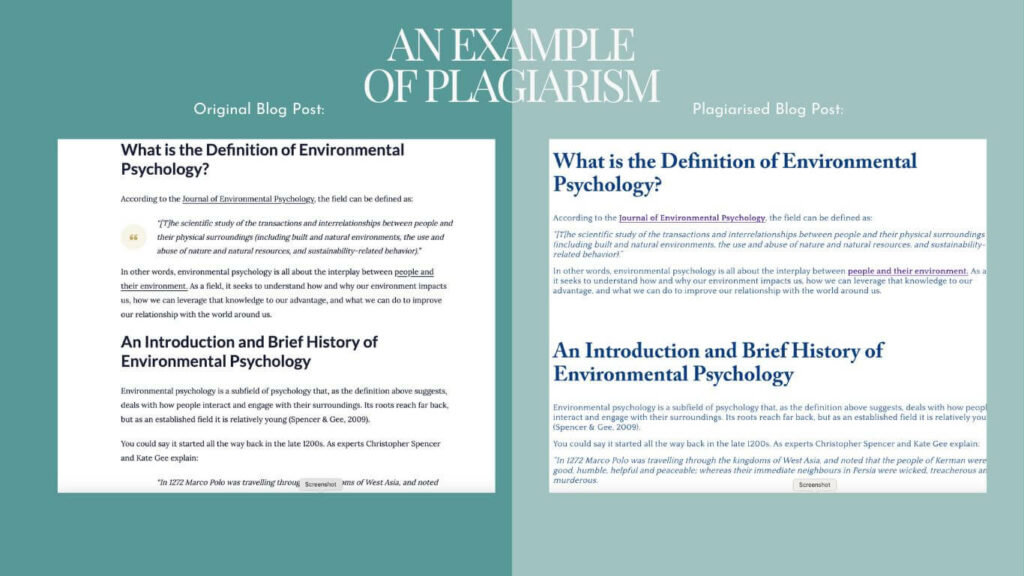
Recently, I was reviewing an article with the oddest reference. While searching for some kind of clarification, I discovered the exact same referencing mistake on another blog post.
But wait, this looks familiar… I thought.
I scrutinized the post and discovered that it was almost an exact copy of the original article.
Here is the original post:
https://positivepsychology.com/environmental-psychology/
And here is the copy:
https://www.littleangelsdesign.com/blog/what-is-environmental-psychology/
(Since this publication, the above-mentioned site no longer exists.)
Although the plagiarized article concludes with the words “Source:” and a link to the original article, this does not acquit them from plagiarism. It is still a plagiarized article.
How to Prevent Plagiarism on Your Blog
Should you have a large team of writers, or have a new writer, a freelance writer or guest bloggers, it is a good practice to check their submissions first using a plagiarism checker.
Once you have a team of quality writers that you trust, or even better, a content writing service, then you don’t have to worry about this additional expense.
There are a few well-known plagiarism checkers available:
For more (I’ve only listed three I’ve used) you can see a comprehensive list here.
While checking almost any article, you will pick up a positive plagiarism score. This percentage score indicates how much of the article is unoriginal. That is because some commonly used terminology can trigger a positive plagiarism score.
For example, using the term ‘throw a curveball’ or the quoted definition of plagiarism, which I used above. For that reason, Google will accept a certain minimum score, and view an article as plagiarized if it has a high score.
A seasoned writer will know better than to copy text, while some green freelance writers may not know better.
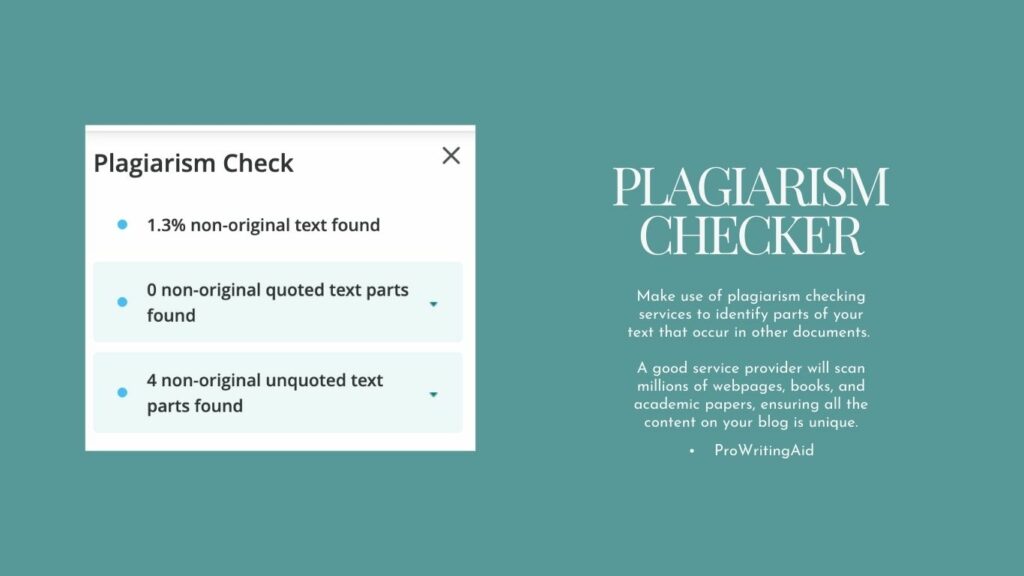
What to Do if Your Article Has Been Plagiarized
As a content manager, I do not take kindly to plagiarism. Fortunately, there are diplomatic and fruitful approaches one can take once you discover your own article has been plagiarized.
As much as I’d like to boast of having the answers, I instead found them in a great post by Roger Monti. Not wishing to plagiarize his excellent article, his opinion on how to handle plagiarism struck a chord. You can read it here: How to handle plagiarism.
Roger calmly points out that there truly are writers out there who don’t know better, and that one should not be too hard on them.
Approaching plagiarizers of your own content should be addressed as a business problem. Be polite, anger won’t help.
Plagiarism 101 Curveball
With all said and done, now that you might think you know enough about plagiarism, Google threw this curveball:
Interestingly enough, in a discussion with John Mueller from Google, it was revealed that under certain circumstances, Google may actually rank a plagiarized article higher than the original.
Although it does not happen that often, if Google has to pick between an original article on a poor quality webpage, and the same plagiarized article appearing on a high-quality webpage, the high quality one will rank higher on a search results page.
This all comes down to Google’s meaning of quality content, as well as search intent, factors we have previously discussed on this blog.
For more on this interesting discussion, view this article by Roger Montti.
Frequently Asked Questions:
Conclusion: Plagiarism 101 in Blogging
Plagiarism is the bane of blogging. It is just so easy to do, tempting even. Why, I could have saved myself a whole day and just copied one of these other excellent plagiarism articles.
But doing so would just dilute the rich pool of knowledge the internet offers.
We should all be aware of plagiarism 101 and its consequences. As blog owners, content managers and writers, we are at the forefront of sharing insightful research and information with readers. And that is what we should keep on doing.
One last reminder: quality is the differentiator, should your post be copied. Make sure you adhere to all the guidelines that make a blog post stand out. Read these blog formatting tips, and if you don’t have the time, we can create unique, plagiarism checked blog posts in a flash.
If you liked this post and think it might contain some gems that could help other people, please share and follow!
Do you want unique blog content?
WebCare crafts quality content for healthcare blogs using our team of top AI optimization experts. If your YMYL blog needs E-E-A-T, our AI writers provide the authority and credibility your blog needs. Sign up to get Early Access to this service.

